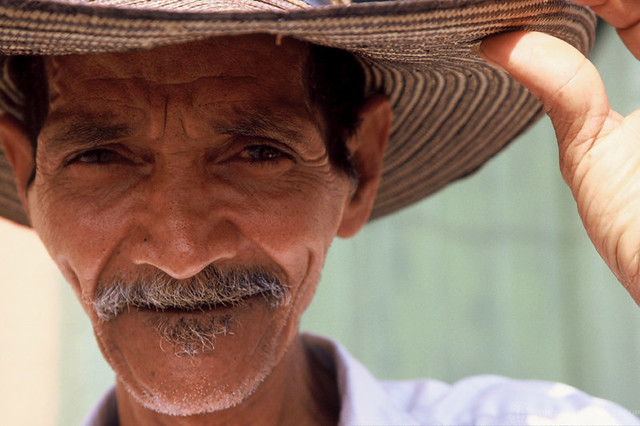In recent months the economy has slowed substantially, owing to an increase in insecurity caused by organized crime, disruptions in oil production, climate-related events, and political uncertainty.
At the same time, the new government that took office for an 18-month period in November faces significant liquidity constraints and a large financing shortfall, which is expected to widen in the coming years in the absence of structural fiscal reforms.
The incoming administration has taken important steps to address the difficult fiscal situation. In addition to implementing measures to address short-term liquidity constraints, laws have been passed to increase the VAT rate (from 12 to 15 percent), revoke the phased reduction of the Capital Exit Tax, bolster the tourism industry, boost the attraction of foreign investment, promote jobs, and reactivate the economy. Similarly, proposals to target fuel subsidies and cut current expenditure have been considered.
In terms of structural challenges, the country needs to regain the confidence of the capital markets and create fiscal buffers to enable it to face upcoming changes in international and climate contexts. In addition, the public sector needs to reduce its dependence on the oil sector, which, besides being affected by the maturation of wells and insufficient investment, must now deal with the decision of a referendum to halt operations in the Yasuni National Park.
Furthermore, the country needs to unleash its immense growth potential to generate more and better job opportunities for its population and, in so doing, to resume poverty reduction efforts. This, however, requires building political consensus to address the structural barriers that hinder formal job creation, increased private investment and export diversification. Such barriers include widespread market intervention, limited competition, limited trade integration, and rigid labor regulations. The country may face some sectoral constraints that prevent it from exploiting opportunities in sectors where it already has comparative advantages, such as sustainable mining, agriculture and tourism.
These challenges assume even greater urgency against a backdrop of risks to the Ecuadoran economy and population arising from external factors, such as the slowdown of the world’s largest economies, the decline in commodity prices and high international interest rates. In addition, the country is exposed to climate-related disasters—such as the possible effects of El Niño and La Niña, which could hit the economy in the coming months—and increasing insecurity and political instability.
This not only affects economic performance but also has an impact on the building of consensus to facilitate political and social stability and address upcoming challenges. A lack of consensus around critical reforms could perpetuate the economic pendulum associated with oil price cycles and prevent the country from achieving higher and inclusive growth as it adjusts to a world in the process of decarbonization.
Last Updated: Apr 04, 2024


